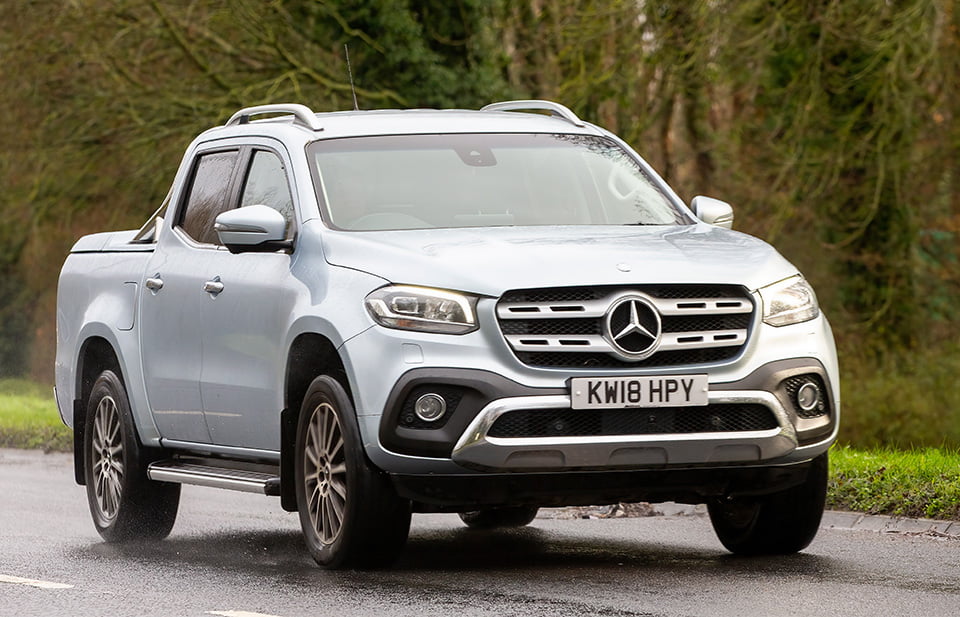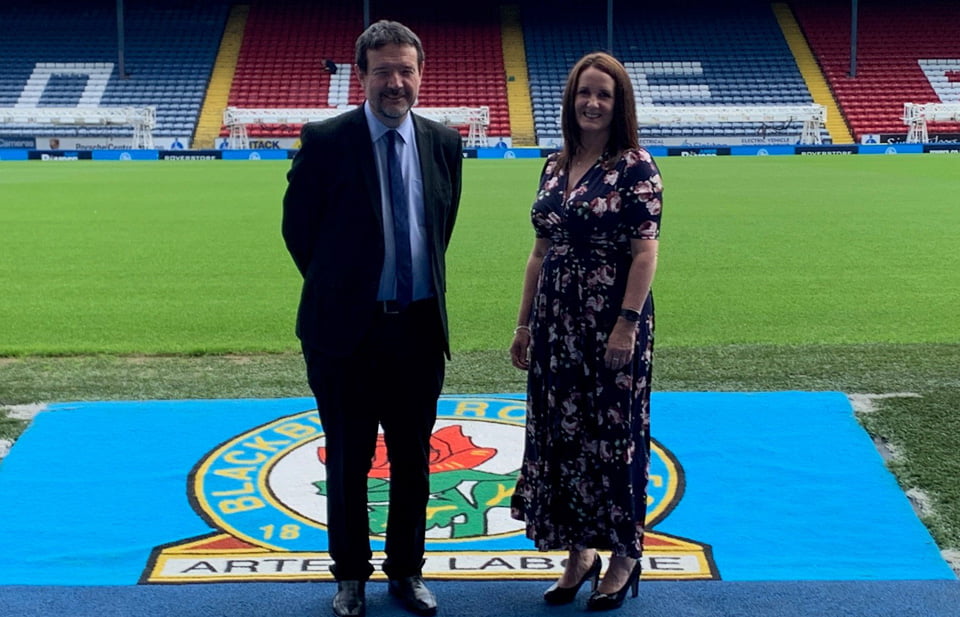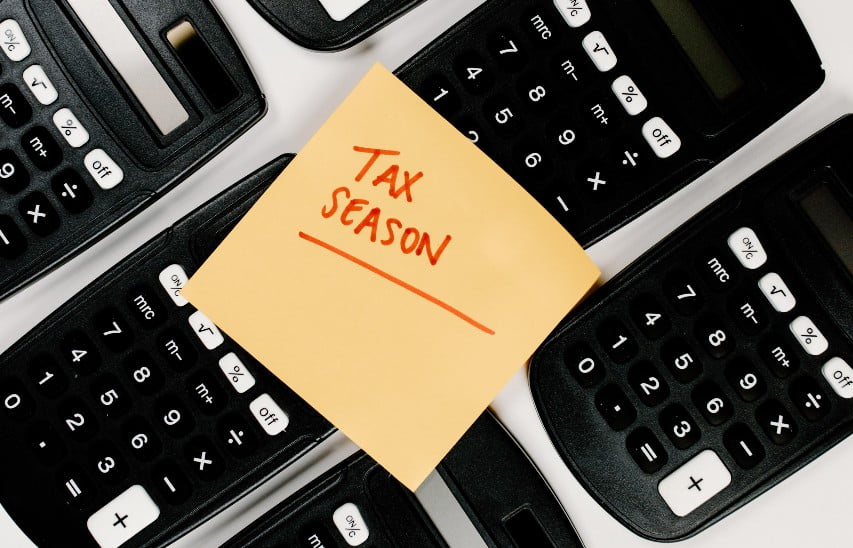In a surprising turn of events, the Government has reversed its decision regarding the taxation treatment of double cab pick-ups, just a week after making the announcement.
On Monday, February 12, HMRC made updates to its guidelines regarding the tax implications of double cab pick-ups (see our blog here), prompted by a 2020 Court of Appeal ruling. The updated guidance outlined a significant change: starting from July 1, 2024, all double cabs with a payload of one tonne or more would be categorised as cars instead of goods vehicles, affecting both capital allowances and benefit-in-kind (BIK) considerations.
Originally, it was going to affect all double-cab pick-ups ordered after July 1, the policy would have left many businesses grappling with unforeseen tax implications. However, vehicles already in use or ordered prior to this date were to maintain their current classification until April 2028.
Yesterday (19 February), HMRC announced that this new guidance will not come into force. The U-turn in full:
- The tax on the benefit-in-kind will now not increase when employers provide these vehicles to their employees; and the capital allowances available in the first year of use will now not be reduced when a business purchases this vehicle for use in their trade.
- This will ensure a continued and consistent treatment of double cab pick-ups for capital allowances, benefit in kind, and VAT purposes, maintaining simplicity in the tax system.
- HMRC will withdraw its updated guidance during the afternoon of Monday 19 February 2024
- This update is only with reference to DCPUs with a payload of one tonne or more. DCPUs with a payload of less than one tonne continue to be treated as cars
Please note that the government are consulting on the treatment of commercial vehicles and there may be a further announcement later in the year, so if you are planning to purchase any type of commercial vehicle, please seek advice.
If you would like to discuss your situation in more detail, or would like further clarification on HMRC’s U-turn, please get in touch with tax manager, Julie Walsh, by clicking the button below.









